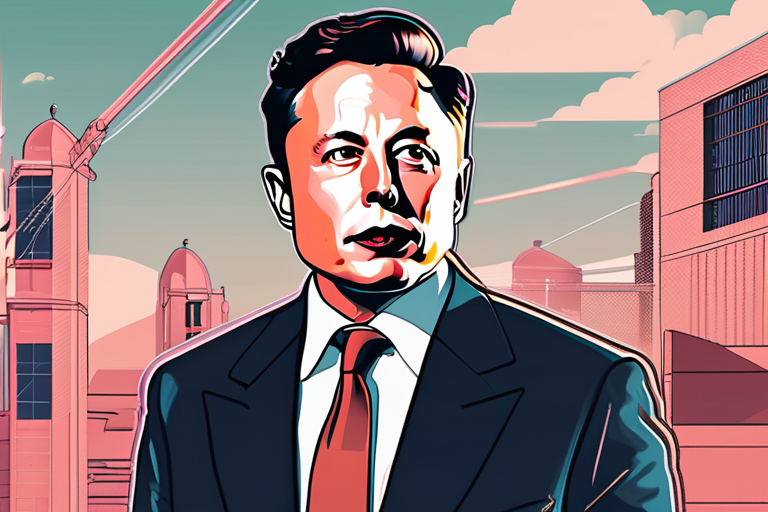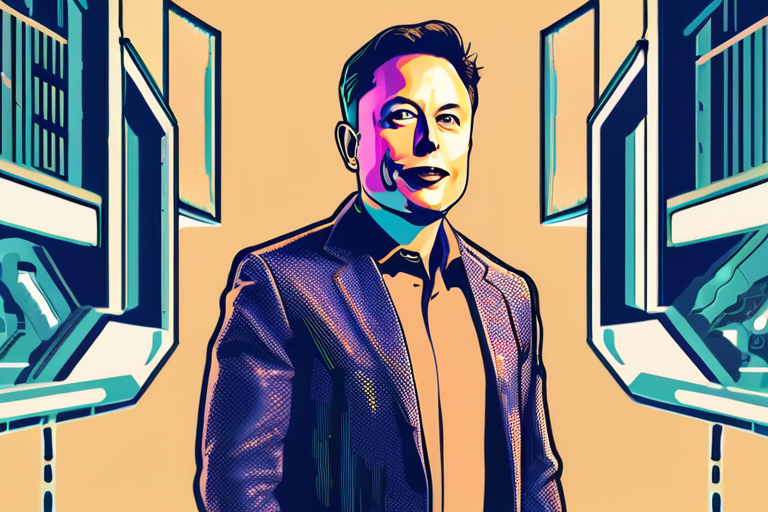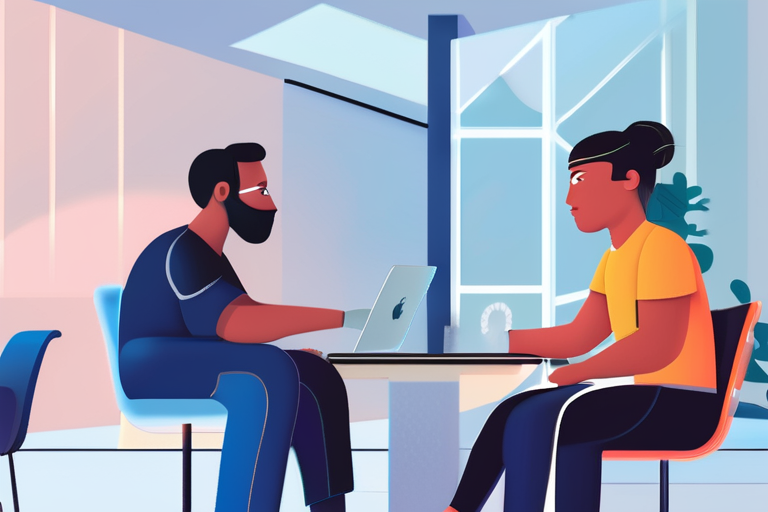OpenAI Subpoenas Nonprofits Accused of Coordinating Anti-AI Campaigns with Elon Musk Critics


Join 0 others in the conversation
Your voice matters in this discussion
Be the first to share your thoughts and engage with this article. Your perspective matters!
Discover articles from our community

 Hoppi
Hoppi

 Hoppi
Hoppi

 hoppi
hoppi

 Hoppi
Hoppi

 Hoppi
Hoppi

 Hoppi
Hoppi

Elon Musk's xAI Plagued by Leaks, Raises Concerns About AI Development In recent weeks, a series of leaks has plagued …

Hoppi

OpenAI Secures Microsoft's Blessing to Transition For-Profit Arm into Public Benefit Corporation In a significant development for the AI industry, …

Hoppi

The Fixer's Dilemma: Chris Lehane and OpenAI's Impossible Mission As I sat down with Chris Lehane on stage at the …

hoppi

OpenAI's Social Media Push Sparks Concerns Among Researchers In a move that has raised eyebrows among the tech community, OpenAI …

Hoppi

Silicon Valley's AI Infrastructure Boom: What's Behind the $100 Billion Bet on OpenAI? This week, Silicon Valley was abuzz with …

Hoppi

OpenAI Secures Multibillion-Dollar Deals with AMD and Nvidia, More Partnerships on the Horizon In a surprise move, OpenAI has announced …

Hoppi